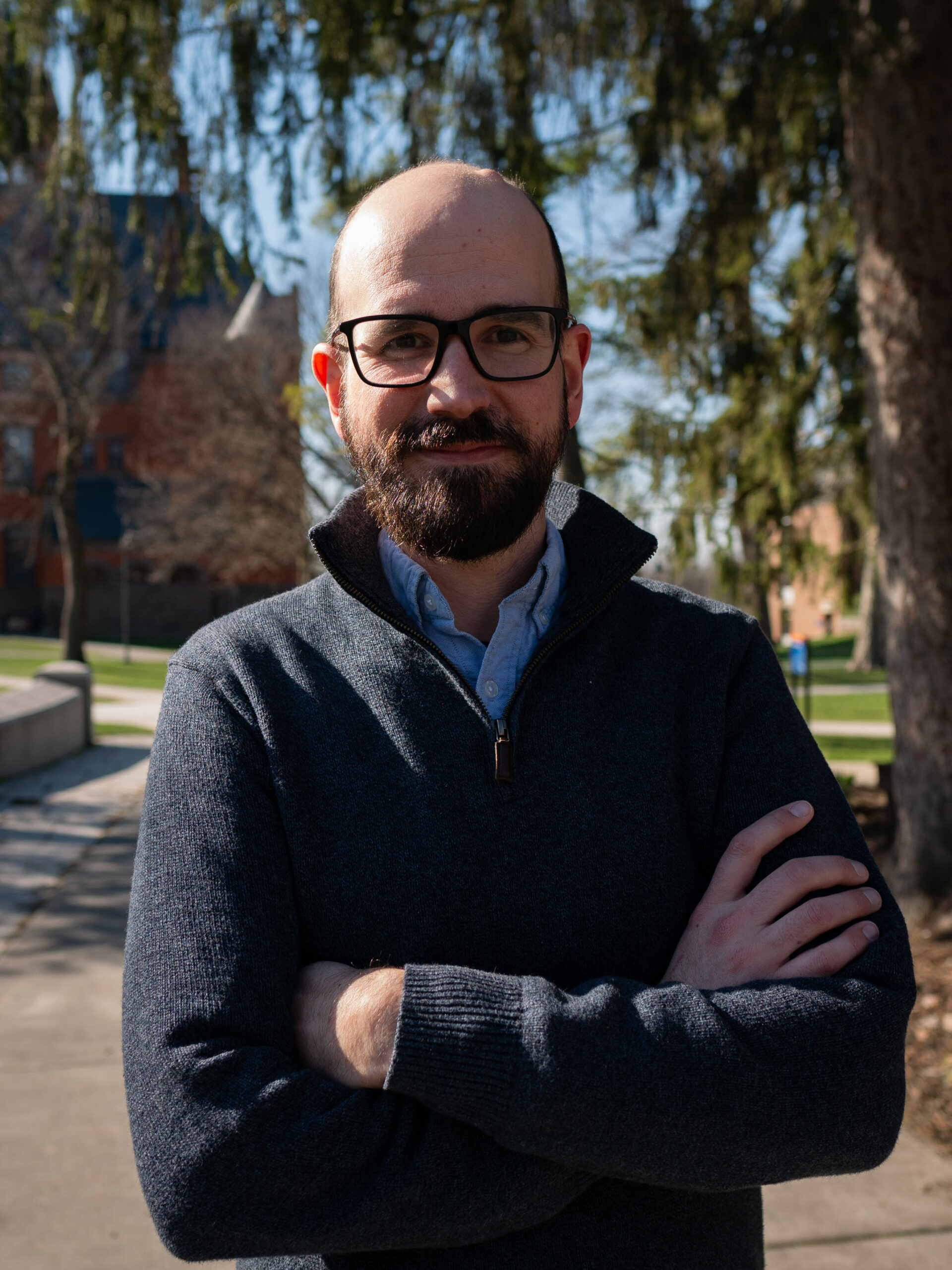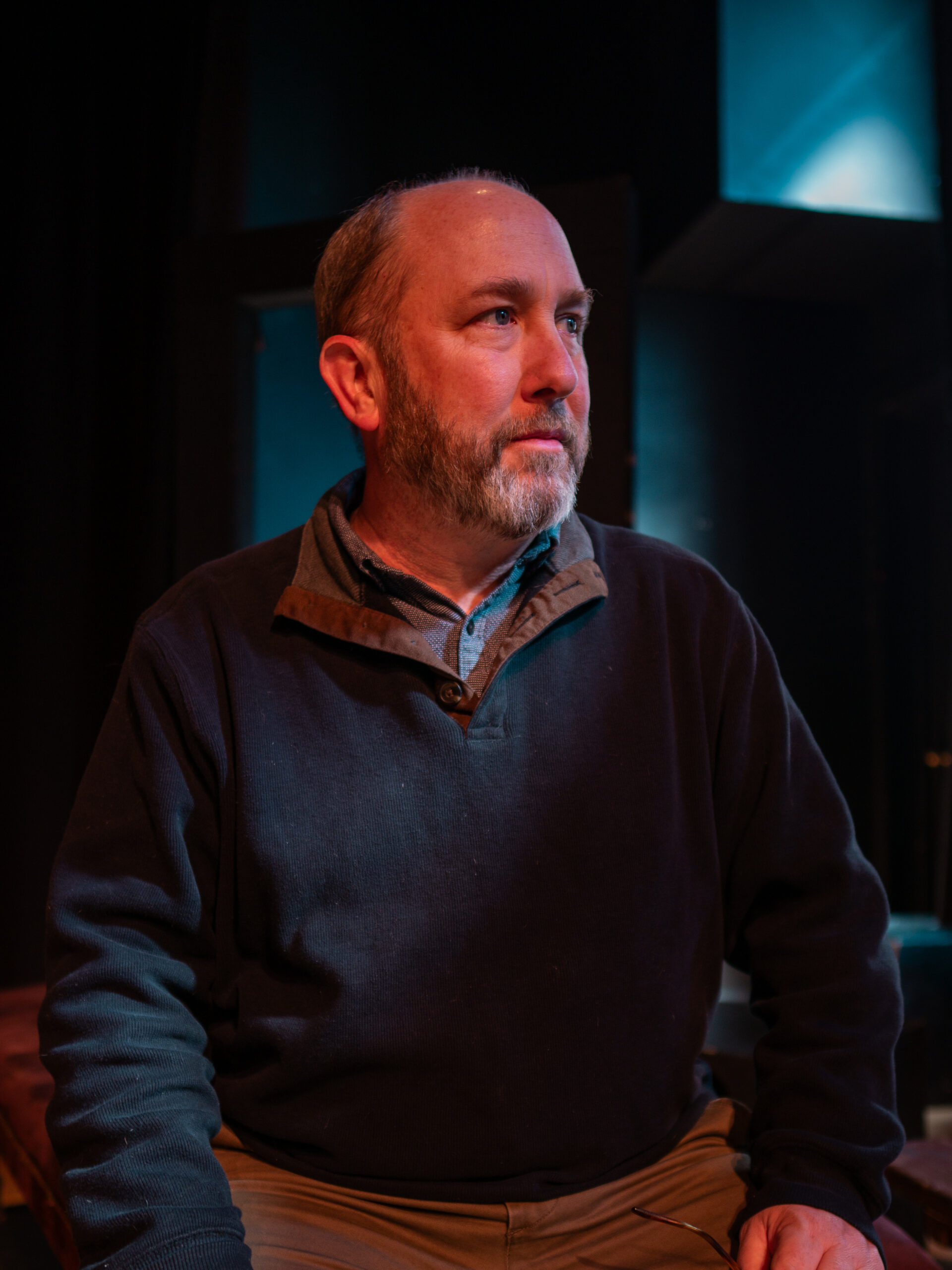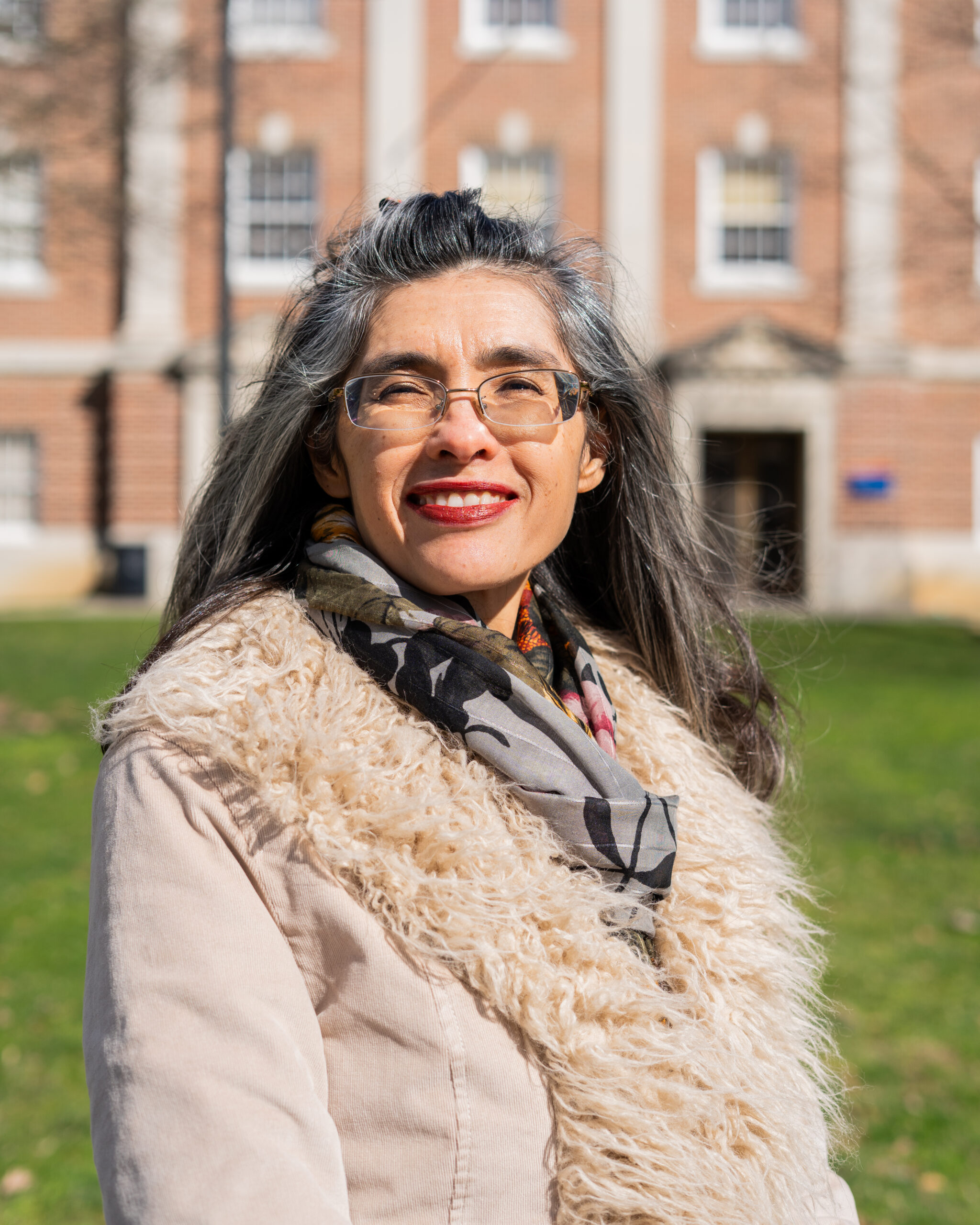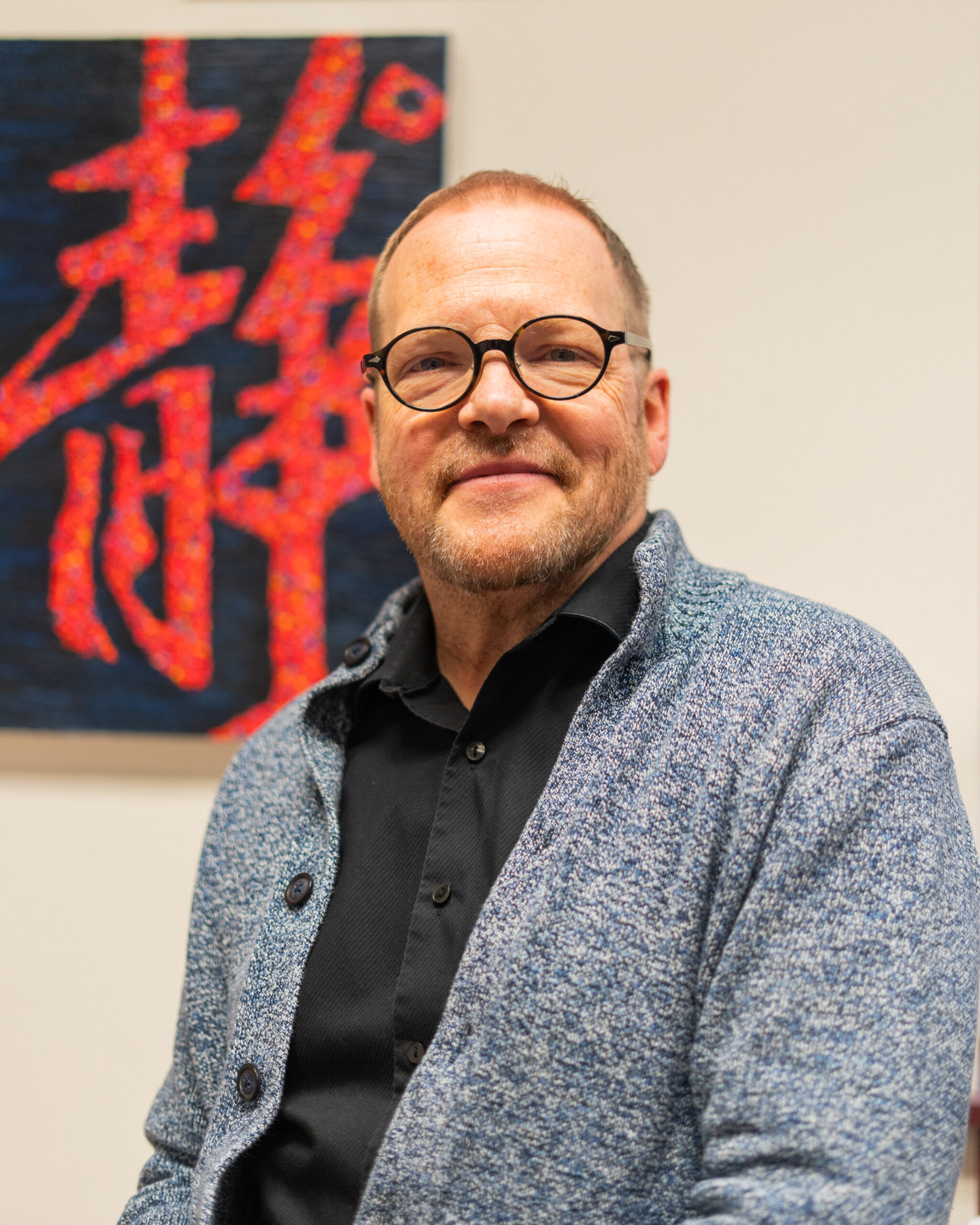By Kenzie Smith, Arts & Entertainment Editor
Art and Art History Professor Felicia Else
Next fall, Else will have taught at Gettysburg College for twenty years, but her career plan did not always include art. At the beginning of her undergraduate journey, Else was a pre-med major before going on a study abroad trip where she was heavily impacted by the art. After taking some art history courses, Else decided to change her major. “I have always loved learning art, history, languages and travel and being inspired in the classroom by people who are passionate about their subject,” Else said. Else was highly grateful to find her place at Gettysburg College, where she is surrounded by amazing colleagues and research opportunities. Her 3-week London, England seminar “Curating London: Using Objects to Tell Stories” was an exemplary experience. A special memory for Else is when Colleen Bergmann ’25 assisted her when she was having technology troubles during a public talk in Britain: “I’m used to helping students out in times of need, but it was quite memorable to have the tables turned and for me to get help from my students.” Else’s favorite piece of art is Michelangelo’s Sistine Chapel Ceiling due to the complexity of the piece and skill required.
Cinema and Media Studies Chair and Professor James Udden
Udden has been teaching at Gettysburg College for over twenty years. He has always been interested in the visual arts, but his journey to this position was not a linear path. In undergrad, Udden was a history major and had no opportunities to take film courses. After graduating, he taught English in Taiwan, where he discovered his love for teaching: “I discovered how much I truly loved teaching from that experience, but did not want to just teach English. Somebody suggested that I go to graduate school in film studies since I love movies and would enjoy teaching that at the university level.” Udden enjoys all the classes he teaches, but two of the courses he has developed himself hold special value: a course focusing on the genres of comedy and horror (CIMS 255/355) and CIMS 219: “Global Media Industries.” One of the interesting aspects of cinema and media for Udden is the complexity of the field. “The study of cinema and other media forms is more significant than one would suspect,” Udden said. “What seems so easy and simple on the surface, is anything but.” Udden has too many favorite films to choose from, but seeing the film “2001: A Space Odyssey” in 70 mm at age 16 was a “profound experience” that got him deeper into cinema.
English Professor Fred Leebron
Leebron has taught at Gettysburg College for 27 years but has prior experience before his time here. “As the youngest of five children, at one point it occurred to me that creative writing was the best way to get all the words out before anyone interrupted,” Leebron said. Leebron graduated from Princeton with a major in public policy and a minor in writing before attending creative writing programs at Johns Hopkins University, the University of Iowa and Stanford University. Leebron also traveled and participated in nonprofit work before his teaching career began, which led him to Gettysburg College. “I was offered tenure-track teaching at the University of North Carolina at Charlotte, then came here because it housed The Gettysburg Review, which really demonstrated a commitment to the literary arts,” Leebron said. Leebron loves witnessing students’ achievements: “Watching the students go on to great graduate schools and then reading their published books or seeing their prize-winning productions. Anytime a student achieves what they want to achieve is a special experience!” Leebron has three favorite pieces of literature: Franz Kafka’s “The Metamorphosis,” Toni Morrison’s “Sula” and Adam Johnson’s “The Orphan Master’s Son.” Leebron believes each show that anything can be done as a fiction writer or novelist and “all three say something new about the human condition.”

Sunderman Conservatory of Music Associate Professor William O’Hara (Photo Sofia Gutierrez/The Gettysburgian)
Sunderman Conservatory of Music Associate Professor William O’Hara
O’Hara has been teaching at Gettysburg College for seven years. O’Hara’s love for music started at a young age: “Once I was hooked [on music] I joined everything I could get involved in — band, choir, theater — and things took off from there.” O’Hara went on to become a music education major, and his interest in teaching at the college level occurred after attending a professional conference with a choir. O’Hara enjoys teaching his online summer course, “Music in Video Games,” because of the different ways he gets to interact with the students and incorporate their specific interests. “I really enjoy helping people develop creative final projects that touch on their interests in media studies, business, psychology, sociology or other domains,” O’Hara said. He also enjoys teaching the intro music theory classes as “students take their first steps into the discipline” and experience “‘aha’ moments.” Some of O’Hara’s favorite experiences include working with students on academic research and helping students understand where they fit into the field of music theory and how they can contribute. O’Hara has various favorite musicians and composers, but his all-time favorite is John Williams. “His soundtracks…will always sound like cinematic magic to me. I even met him once, and he’s extraordinarily humble and kind,” he said.
Adams Endowed Professor of Theatre Arts Christopher Kauffman

Adams Endowed Professor of Theatre Arts Christopher Kauffman (Photo Sofia Gutierrez/The Gettysburgian)
Kauffman has been teaching at Gettysburg College for twenty years. Kauffman had been a part of a punk band and enjoyed visiting museums during high school, but he recalled, “I didn’t really get into performance until college when I was [a] student at Gettysburg College in the 80s and 90s.” Kauffman worked in the experimental theater scene in New York City before doing workshops at Gettysburg College for a play he co-wrote, which led to him working for the school. One of the courses Kauffman especially enjoys teaching is “Fundamentals of Acting,” a class that has students with varying levels of experience. “The experienced actors learn from the raw talent in the class, and the new students learn from watching seasoned actors approach the work with technique and confidence,” Kauffman said. Kauffman also enjoys working with the students when putting together plays and musicals, and he specifically mentioned the performance of “The Prom” this past fall: “It was really meaningful to us to bring that story of inclusion and belonging to campus, and there were some brilliant performances by the students.” Creativity has a special value to Kauffman, and he said, “Staying creative within one’s limitations and not giving up was an important lesson that stayed with me in my creative work for the Theatre and still informs my teaching.” Samuel Beckett’s play “Waiting for Godot” is a favorite of Kauffman’s for its complexity and deeper themes. “I first experienced the joyfully bizarre ‘Godot’ in an acting class here at Gettysburg when I was a student, so it has a special place in my heart,” Kauffman said.
This article originally appeared on pages 20 to 21 of the April 2024 edition of The Gettysburgian’s magazine.



